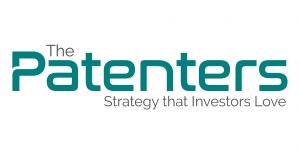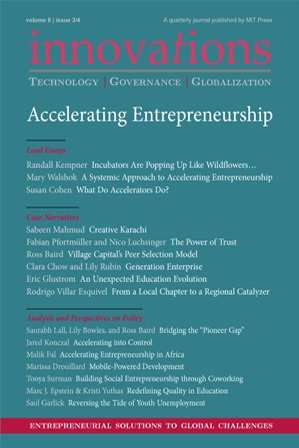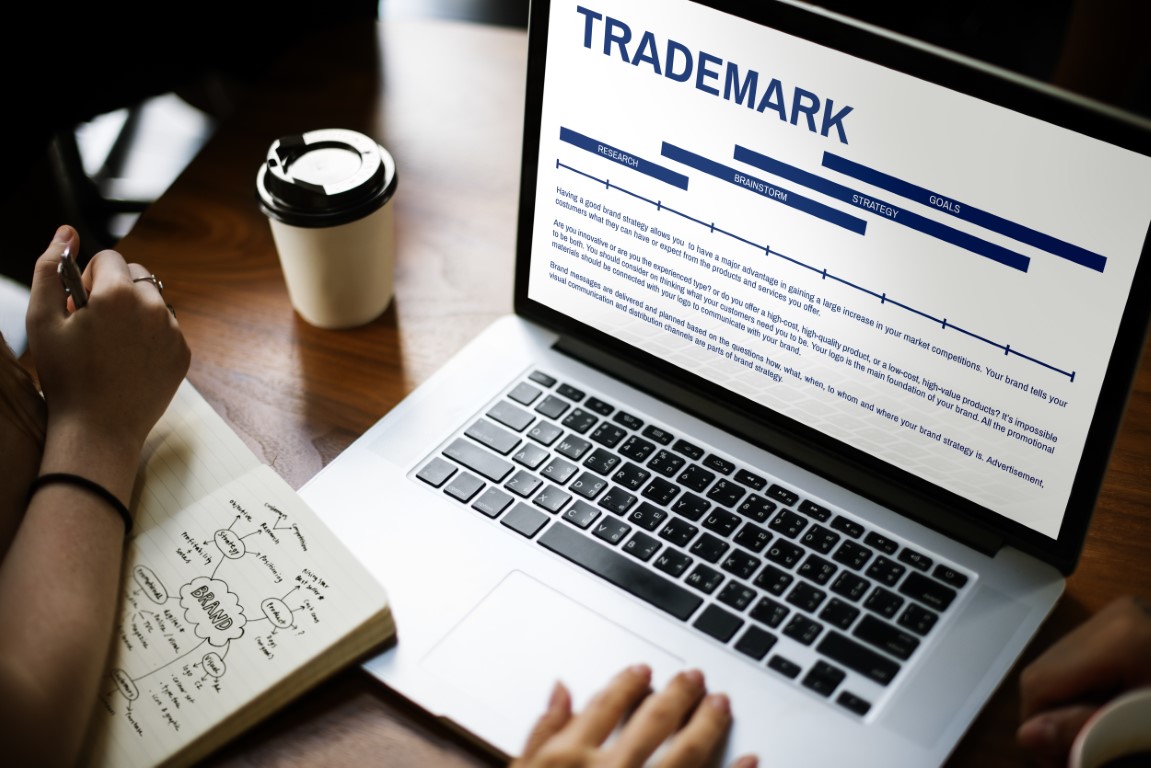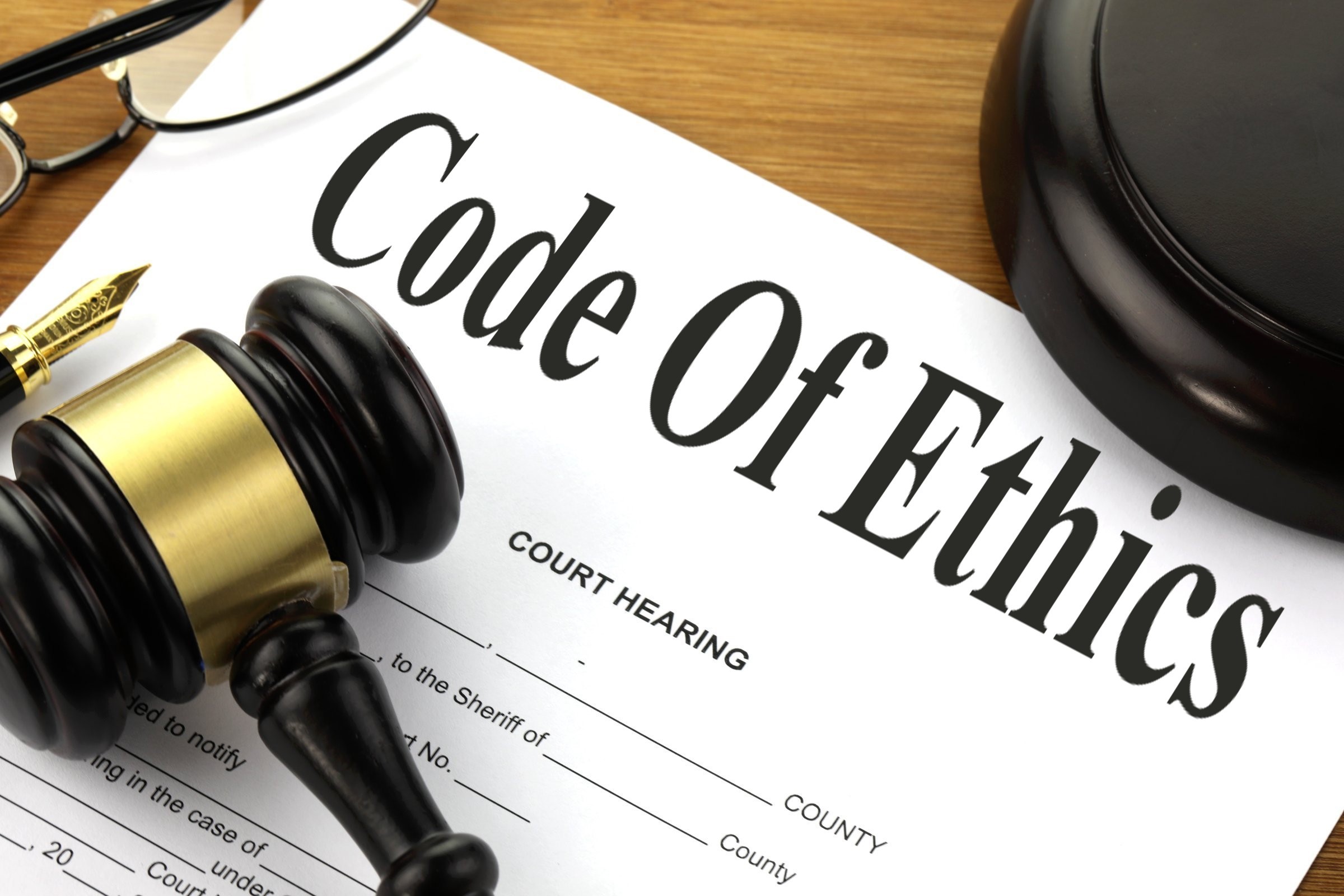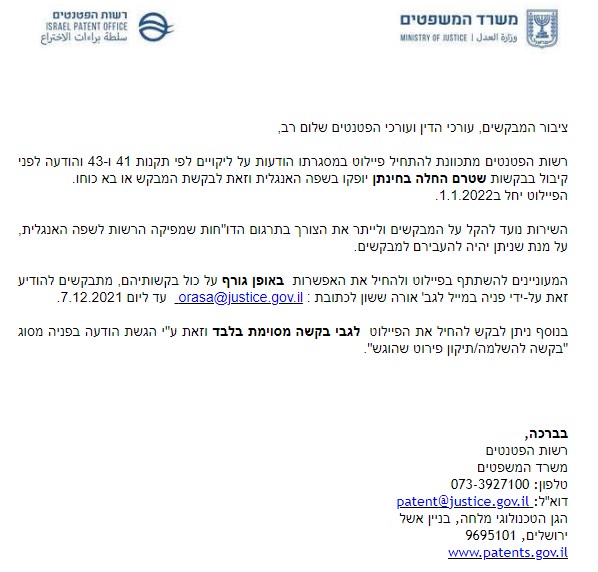Introduction to accelerators
This article relates to an experience I have had in the past year regarding entrepreneurs registering IP while in accelerators.
Accelerators have become very popular in Israel in the past few years.
Accelerators are short-term incubators for startups right at the beginning of their activity. Their primary goal is churning out MVPs (minimum viable products) in rapid succession until hitting on the winning formula. Normally hitting that would take [too] many years. This article compares in more detail features of regular incubators, frameworks supported by angel investors and accelerators.
And what about registering IP? The startups might have tension between the timeline of the acceleration and the timeline of the IP registration.
I will share with you some insights about the issue of entrepreneurs registering IP in accelerators. In particular I will propose how to match the IP registration to the accelerator process. There is great potential in this match when properly used. Disasters might occur when misused and misguided.
Accelerators in Israel
Israel is particularly suited for accelerators. Gigi Levy Weiss, an accelerator head explained this in a meetup I attended several years ago. As opposed to entrepreneurs in US for example, Israeli entrepreneurs tend to literally work around the clock anyway. Another rather Israeli characteristic, in my opinion, is the tendency to do a job in a rather slapdash manner. Compare for example a patent by Israeli inventors to a patent by UK inventors. This too can actually be advantageous for work in an accelerator.
Working with an accelerator
Alas none of us in my firm have worked in accelerator to this point, but not for lack of trying. In January this year I was invited to a meetup with the heads of a new accelerator fairly close to our main office. There are very few patent attorneys in that area. I consider it highly important to develop close relationships with local entrepreneurs. So I was excited about this new initiative that was sorely lacking in the region.
Unusually, the accelerator (2020 is run #2) was about 7 months long, and was completely subsidised by the local municipality and by the government. 6 portfolios were promoted in this run until September.
The professional manager of the accelerator shared with us his history of entrepreneurship. Apparently, the first venture of his encountered financial difficulties and then he made an offer to his service providers. Either sign an agreement to settle for 20% of your debt or I will go bankrupt and you won’t get anything. This included those registering his patent applications, so you can imagine I was not too pleased with his approach. Further on the following ventures succeeded. What was his message to us? In fact, he and the general manager were there strongly encouraging potential participants (including yours truly) to participate in the accelerator under the reasoning that there was nothing to lose.
Despite these reservations I offered free mentorship. The professional manager welcomed my offer and suggested to continue after the meeting by hooking up on Linkedin. He did accept my connecting on Linkedin, but that was the last I had any sign of life from him.
So – what did these entrepreneurs do with their IP?
Registering IP after the end of the accelerator
By coincidence, I and one of the six entrepreneurs briefly met at a meetup [different forum] shortly before he joined the accelerator and he asked for my business card. Fast forward post-accelerator he contacted me for the first time last month. We were the first patent attorneys he contacted and he really wanted to work with us. He intends to go to market in January 2021 and was inquiring about starting registration of his IP. We discussed at length the invention, FTO, patentability search and drafting. He was looking for “top quality work”, but only had 4000$ US for all present expenses. He had spent tens of thousands of $US on developing a product and had only that amount left. He was extremely busy obtaining investment and had “no time to organize the material in an orderly manner”. I had to turn him down. I told him that at the least he should do a FTO search before marketing his product. However, that apparently and inexplicably as well was rejected.
Getting help from the government [?]
I think that he was greatly misled by the system. Somehow he had the impression that he could register patents at next to nothing, at the last moment, without FTO. I discussed the general matter of management of funds by the entrepreneurs with the manager of the accelerator. She was appointed by the government via an agency for small businesses. However all she had to say was: the run is over. She was not prepared to discuss anything about a particular entrepreneur. And “not everyone needs a patent”. It is notable that this agency has a primary activity of producing courses, none of which deal with intellectual property. All of my discussions about the importance of this issue for [small] businesses fell on deaf ears.
Overall, my understanding from many investors is that having registered IP is essential. At least pending patent applications when trade secrets are not an option, and when the subject matter is clearly patentable. The entrepreneur, after 7 months of intensive work, is still working hard “from the moment I wake up”. However, he is now out of funds despite being awarded a grant from the government. He is now unlikely to get an inventor on board without registered IP, and might lose a lot if he infringes a patent.
What could have and should be done differently
In my opinion the churning out of MVPs in the first year of activity is fantastic because it beautifully corresponds with the timeline of the Paris Convention. Steps should be made by the entrepreneurs towards registering IP while the startup is in accelerators. At least they should be made fully aware of the financial importance of doing so and not infringing. The entrepreneur could search then file a provisional application at the start of the activity at the accelerator. He could then file additional ones along with the accelerated development. The activity of the portfolio should be carefully budgeted from the start to balance between the needs of development and IP exclusivity. The significance of patentability vs FTO should be very clear to the entrepreneurs and the managers of the accelerator. FTO must be done before large development expenses accumulate.
